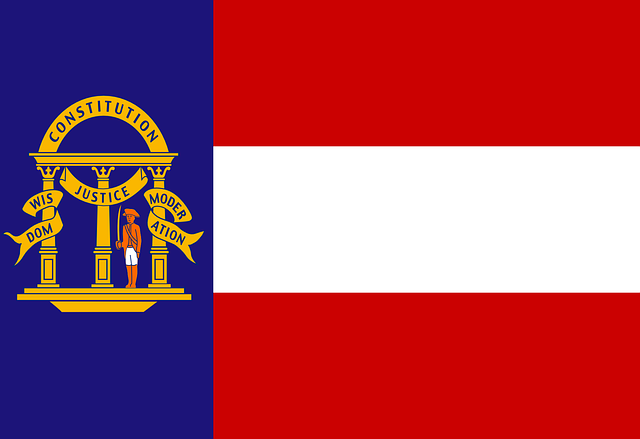Over the last few weeks, Georgia businesses have worked to adjust to the COVID-19 outbreak and a variety of emergency orders issued by various metro Atlanta counties and municipalities. On April 2nd, Governor Kemp signed his Executive Order to Ensure a Safe & Healthy Georgia. A full copy of the executive order is here. This executive order replaces his prior COVID-19 executive orders and suspends and replaces all shelter-in-place orders issued by counties and cities. For Georgia small businesses trying to keep their operations going, it is important to understand the impact of this statewide order which goes into full force and effect at 6:00 pm on April 3, 2020.
Generally, the new executive order requires all Georgians to remain in their homes and limit social interaction. Exceptions are provided for obtaining household supplies and health services, as well as for outdoor exercise. Businesses which are not included as being part of “Critical Infrastructure” are limited to conducting “Minimum Basic Operations.” These terms are analyzed below.
Under the executive order, businesses included as “Critical Infrastructure” may continue their operations with certain restrictions. The executive order adopts guidance from the U.S. Department of Homeland Security for what businesses are included as Critical Infrastructure, and additionally adds legal service providers, home hospice, and non-profit providers of food, health, or mental health services. A link to the Homeland Security guidance is here. The guidance is very detailed and can be difficult to understand, but generally it includes a wide range of healthcare operations; food production and distribution; energy, utility, and infrastructure operations; transportation and logistics; certain manufacturing and financial activities; and some real estate operations such as property management and maintenance. Businesses included as Critical Infrastructure may continue operations but must implement measures to mitigate potential exposure to COVID-19. The executive order then includes a long list of suggested measures, including screening workers for symptoms, providing personal disinfecting products, and ceasing the use of personal identification number (PIN) pads.
All Georgia businesses not included as Critical Infrastructure may only conduct “Minimum Basic Operations.” The executive order defines Minimum Basic Operations as the “minimum necessary activities to maintain the value of a business . . . provide services, manage inventory, ensure security, process payroll and employee benefits, or for related functions.” Conducting these Minimum Basic Operations can include remaining open to the public provided that certain restrictions are observed. In addition, businesses may engage in “minimum necessary activities to facilitate employees or volunteers being able to work remotely . . . .” Notably, businesses may allow employees to work “outdoors without regular contact with other persons, such as delivery services, contractors, landscape businesses, and agricultural industry services.” For businesses conducting Minimum Basic Operations, the executive order requires implementation of a long list of mitigation measures, including screening workers for signs of illness, enhancing sanitation in the workplace, requiring hand washing and sanitation, and discouraging workers from using other workers’ desks, phones, or computers.
In addition, the executive order does address the operations of certain businesses specifically. Under the executive order, all Georgia restaurants are prohibited from offering dine-in services, but may offer delivery, takeout, and curbside pickup. Moreover, gyms, fitness centers, bowling alleys, theaters, concert venues, amusement parks, tattoo and piercing studios, hair and nail salons, massage therapy providers, and bars must be closed to be public.
Currently, the executive order will expire at 11:59 pm on Monday, April 13, 2020. However, there is always the possibility that the Governor may extend this expiration deadline depending on what happens in the next ten days.
It goes without saying that this is a difficult time for Georgia small businesses and their owners and employees. Governor Kemp’s executive order adds a new consideration that must be taken into account as Georgia businesses adjust and try to continue their operations if at all possible. Understanding the impact of the executive order and other applicable regulations can be challenging.
If you need assistance in understanding how these government actions impact you and your business, please give Williams Teusink, LLC a call today at 404-373-9590. We are already working with our clients and business partners to develop strategies for modifying their operations and to allow their employees to legally continue to work if possible. This can include drafting compliance policies for posting at business locations, and even letters of explanation for employees to carry to and from work to explain that they are traveling to a business operation that is authorized as an exception to the shelter-in-place restrictions. Let us know what we can do for you and your small business today.


